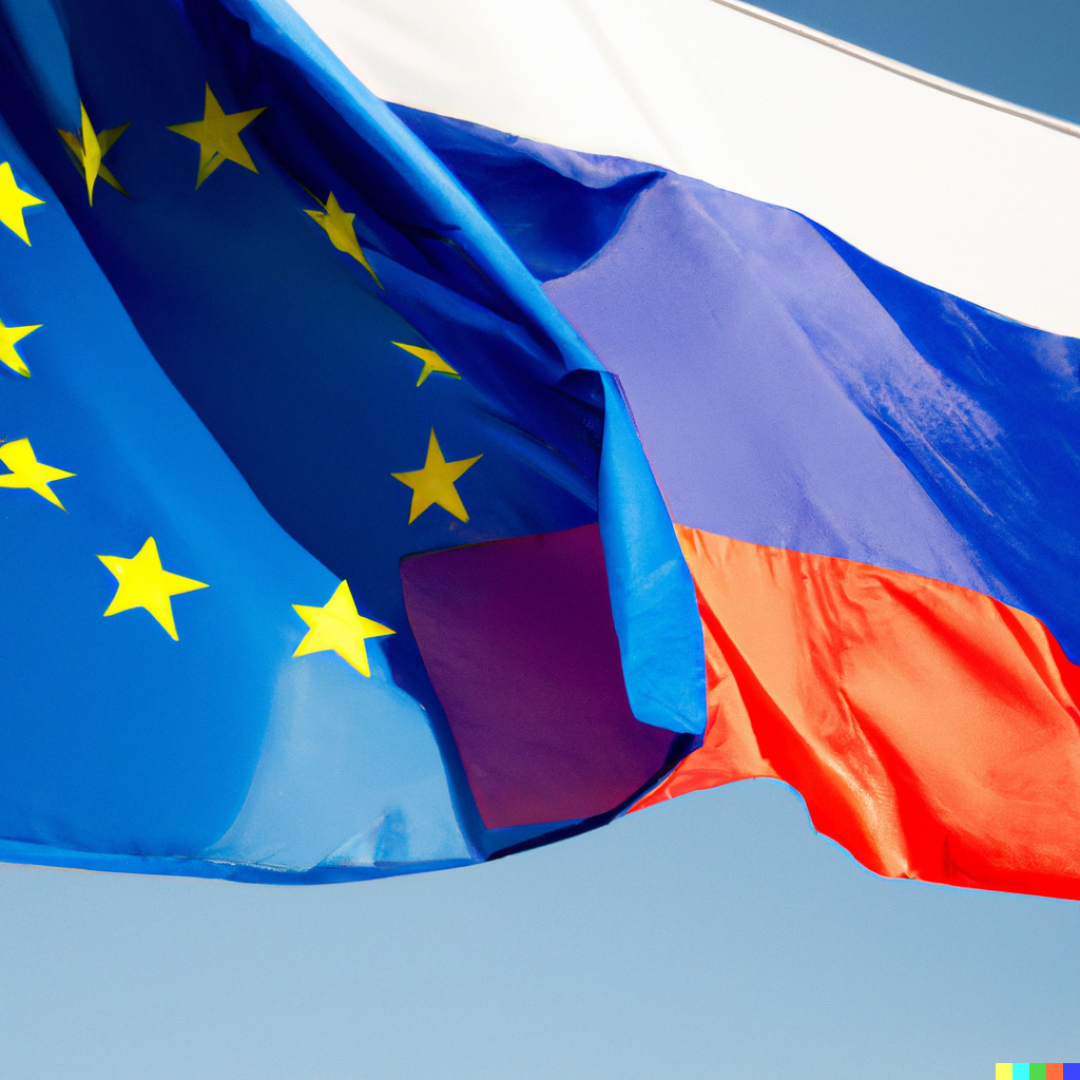
Russia and Europe Comment on Recent Clashes Along Armenia-Azerbaijan Border

Event overview
On April 11, the Azerbaijani Defense Ministry reported that the Armenian armed forces units from the positions in the direction of the Tekh settlement of the Gorus region using small arms subjected to intensive fire the Azerbaijan Army's opposing positions stationed in the direction of the Lachin region.
After several minutes, the Armenian Defense Ministry reported that at around 4 PM [local time], the units of the Azerbaijani Armed Forces opened fire in the direction of the Armenian Armed Forces' servicemen who were carrying out engineering works in the direction of the Tegh community. The Armenian side resorted to retaliatory actions. "According to preliminary information, the Armenian side has losses and wounded," it added.
Later, the two countries' defense ministries reported the cessation of hostilities and stabilization of the situation on the border. So far, four servicemen from the Armenian side were officially declared dead and six wounded, while three from the Azerbaijani side were reported dead.
Response from Russia
At a briefing for journalists on April 12, Maria Zakharova, the official representative of the Ministry of Foreign Affairs of Russia, said that representatives of the Armed Forces and the Border Service of the Federal Security Service (FSB) of Russia took measures to de-escalate the situation near the village of Tegh in the Syunik region of Armenia.
"On April 11, an armed incident occurred on the line of contact near the village of Tegh. There are dead and wounded," the Russian Foreign Ministry noted. "The representatives of the Armed Forces and the Border Service of the FSB of Russia who were in the area immediately contacted the responsible persons in Armenia and Azerbaijan and took measures to de-escalate," Zakharova informed. The Russian diplomat stressed that the incident once again confirms the need for strict observance of the complex of trilateral agreements between the leaders of Russia, Armenia, and Azerbaijan.
Moreover, Maria Zakharova stated that Armenia and Azerbaijan accepted Russia's proposal to hold another round of bilateral negotiations to conclude a peace treaty between the two South Caucasus republics.
"Moscow's efforts to provide all possible assistance to Yerevan and Baku in preparing a peace treaty are not weakening," the Russian Foreign Ministry stressed. "The partners have accepted our proposal to hold the next round of bilateral negotiations on our territory. We will announce the dates when everything is finally agreed upon and when we can publish this information," Zakharova added.
Furthermore, Zakharova said Russia stands for completely unblocking the Lachin corridor. "We are in favor of the complete unblocking of the Lachin corridor; the relevant efforts are being made by the Ministry of Defense of our country, the command of the peacekeeping contingent in cooperation with our department," the Russian Foreign Ministry recalled.
According to Zakharova, Armenian and Azerbaijani colleagues have detailed proposals in this regard. "On the ground, peacekeepers solve the issues of providing Karabakh people with food, essential goods, dozens of tons of humanitarian cargo are delivered daily," the diplomat noted.
Response from EU
On the same day, the European External Action Service stated that until delimitation work is carried out, Armenia and Azerbaijan should adhere to the 1991 border, and the armed forces of the parties should move away from it to a safe distance, excluding incidents.
"The European Union expressed its regret over the armed clashes, as a result of which several Armenian and Azerbaijani servicemen were killed or wounded yesterday on the Armenian-Azerbaijani border in the Tegh region," the statement added. "This incident once again emphasizes that in the absence of border delimitation, the 1991 line must be respected, and the forces of either side must be withdrawn to a safe distance from this line to prevent such incidents' recurrence. Previous commitments, including those made in Prague in October 2022 regarding the mutual recognition of territorial integrity by the 1991 Declaration of Alma-Ata, must be respected. The EU also calls for the intensification of negotiations on the delimitation of the border and remains ready to support this process," the EEAS said.
Brussels called on Yerevan and Baku to exercise restraint and resolve disputes peacefully. "The EU continues to support these efforts, including at the highest level, as well as through the presence of the EU mission in Armenia," the European diplomatic service concluded.
Moreover, it should be noted that Murad Najafbeyli was appointed Secretary of the State Commission on the Delimitation of the State Border between Azerbaijan and Armenia. Prime Minister Ali Asadov signed an order on this on April 12. A professional diplomat, Najafbeyli was previously the Ambassador of Azerbaijan to Estonia and Switzerland.
See Also


Mirzoyan Meets US Deputy Assistant Secretary Joshua Huck

Azerbaijani President Holds Talks with UAE and German Business Delegations on Economic Cooperation

Grigoryan Confirms Armenia’s Readiness to Dissolve OSCE Minsk Group Upon Peace Treaty Signing

Azerbaijani Official Warns of Ecological Risks to Caspian Sea, Similar to Lake Urmia and Aral Sea

